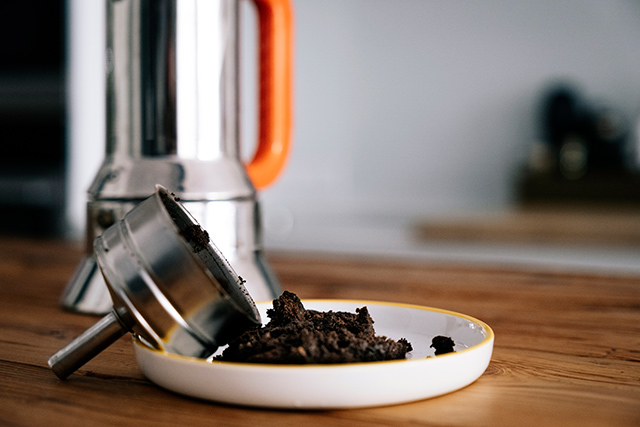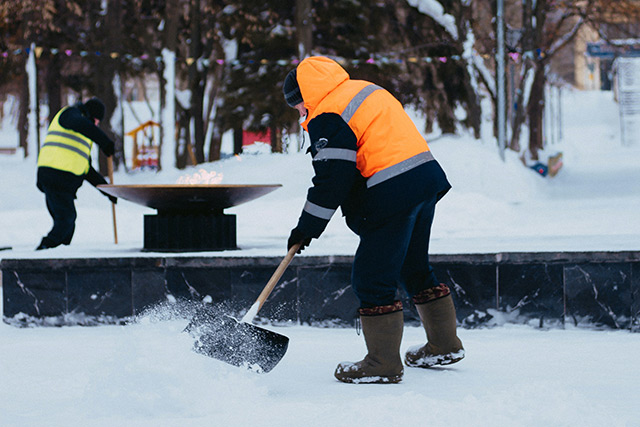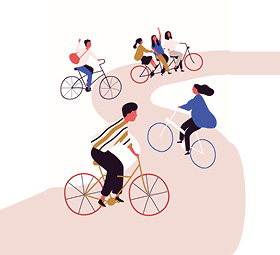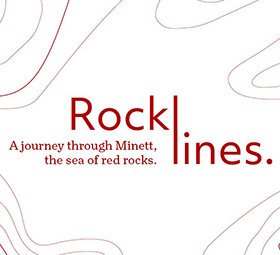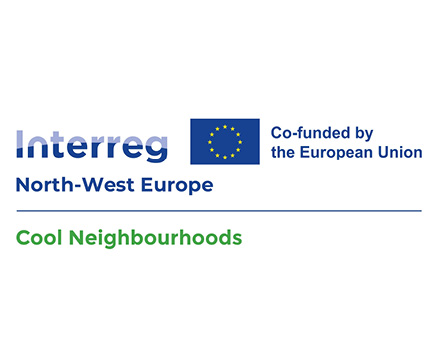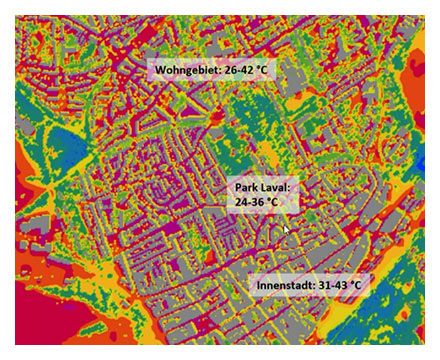 REPLACE SALT
REPLACE SALT


Use salt in a responsible way
Polluting and harmful to water, soil and vegetation, road salt is nevertheless sometimes unavoidable in winter in urban areas. Caroline Calmes and Nadine Grein, from the ecology department of the municipality of Bettembourg, advise us to use it sparingly and to favour alternative solutions when possible.

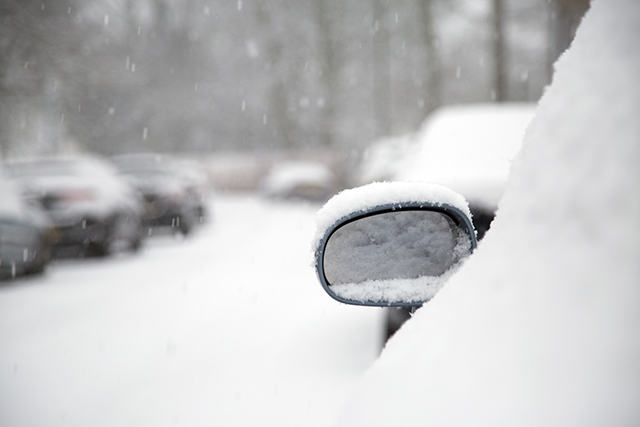
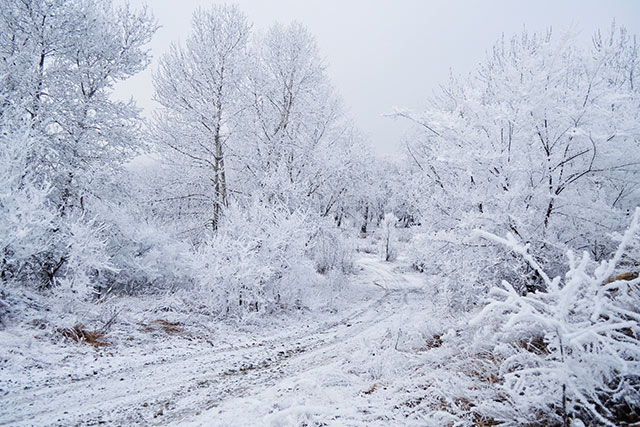
The harmfulness of de-icing salt is no longer a secret. We know that too much salt on the road can degrade micro-organisms in the soil and water, cause damage to roadside plantings and damage trees and shrubs over time. In cities, salt-polluted urban runoff flows slowly into nearby rivers: the long-term impact on watercourses is of concern.
Using less salt therefore helps to preserve biodiversity in urban areas. But what can you do to reduce your salt use?
Abstain when possible
If you are lucky enough to work from home with flexible hours, skip the snow salt forever and practice your shovelling as soon as you see the first snowflakes fall out of the window. People in the Nordic countries will tell you: it is better to go out several times a day to shovel freshly fallen, not yet frozen, snow than to wait for the end of the precipitation to clear the entrance. Your body will thank you: shovelling snow is an excellent cardio exercise.
If there is still a thin layer of icy snow on the ground after your cardio shovelling sessions, it is reasonable to use a small amount of salt.
“The important thing is the dosage,” says Caroline Calmes. “Snow removal salt is still accepted in urban areas, because it is often unavoidable, but it should be used in a moderate way.”
Use a spreader
Sunday gardeners already have this essential tool: the spreader will allow you to sprinkle salt in moderate and equal quantities over the entire slippery surface. You know, it’s that little container with a hole in it like a sieve or saltshaker, mounted on wheels, that you normally fill with seed or pellets to spread in the garden.
“It’s a perfect tool for spreading road salt without excess,” says Nadine Grein. “It will also save you money, because you will never use more salt than you need, and your salt bag will last you longer.”
Use sand or coffee grounds
“As an alternative to road salt, citizens can use sand, which is very effective on small surfaces,” says Caroline Calmes. “The disadvantage is that it obviously leads to dirt, so you have to combine it with mats in the hallway of the house to accommodate dirty shoes. I recommend installing coir mats in front of the entrance, or even covering the outside stairs if necessary.”
Coffee grounds also work very well, or even wood chips.
Of course, this alternative solution, which is 100% ecological, will require a little more effort to clean up when the snow melts. You will have to sweep up the sand and clean the road at the first sign of thaw. But it’s worth the effort.
Use salt water from pickles
This is an unusual proposal, but it was recently tested by a municipality in Bavaria, Germany, with good results. It doesn’t entirely avoid pollution, but the amount of salt used will be much less and it will certainly have a positive impact on your immediate environment.
But where do you get so much pickle salt water? Luxembourg certainly doesn’t produce and consume as much as Germany, but we advise you to stock up on your own during your spring and summer barbecues.
The alternative of potassium carbonate
In Bettembourg, the ecology department has started a research phase that has led to the discovery of a product in Italy and Austria that is less polluting than conventional de-icing salt. This is potassium carbonate, which is used in oenology, for example, or is sometimes used as fertiliser in certain agricultural practices. One day, if its price becomes more affordable, it could surely be considered as a replacement for de-icing salt.
“But for the moment, it is a very expensive product that is not really accessible to the average person, nor is it even possible for the municipality to use it on a large scale to clear the snow from our streets,” explains Caroline Calmes. However, if you have a cousin who is a farmer and agrees to give you a small quantity to test, don’t hesitate to experiment on small areas!
You are now ready to face the next snowfall, safely and ecologically.



